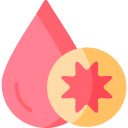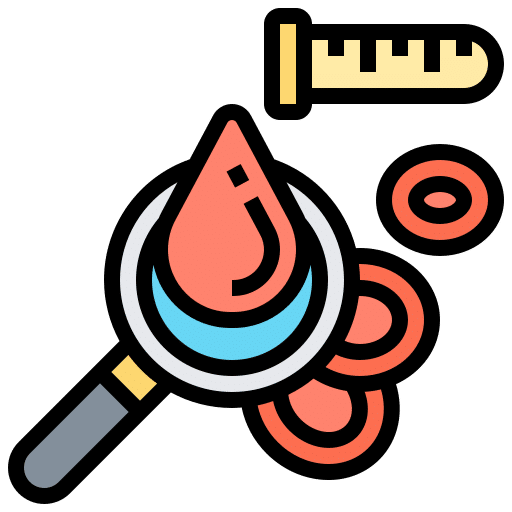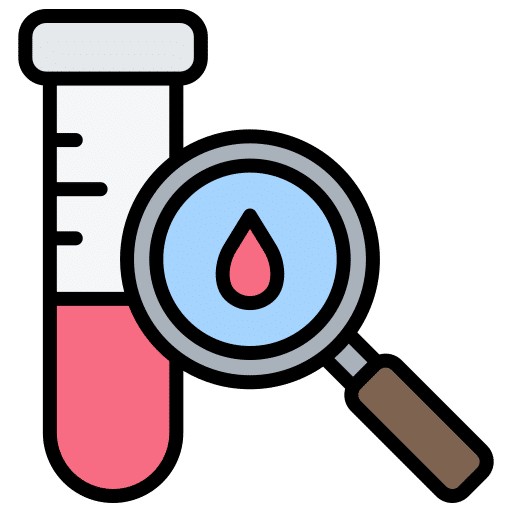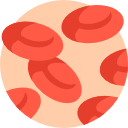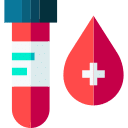
Hemoglobin

Analyzer Report
Frequently Asked Questions
Hemoglobin count is a measure of the amount of hemoglobin present in a person’s blood. Hemoglobin is a protein found in red blood cells that carries oxygen from the lungs to the body’s tissues and transports carbon dioxide back to the lungs for removal.
Low hemoglobin levels, known as anemia, can be caused by various factors such as nutritional deficiencies (e.g., iron, vitamin B12, or folate deficiency), chronic diseases, blood loss, bone marrow disorders, or certain medications. Symptoms of anemia may include fatigue, weakness, shortness of breath, pale skin, and dizziness.
High hemoglobin levels, known as polycythemia, can occur due to conditions like chronic lung diseases, congenital heart defects, kidney diseases, or living at high altitudes. Symptoms of polycythemia can include headaches, dizziness, itching, and an increased risk of blood clots.
The hemoglobin count is typically expressed as the concentration of hemoglobin in grams per deciliter (g/dL) of blood. It is an important parameter in assessing a person’s overall blood health and can provide valuable information about their oxygen-carrying capacity.
A normal hemoglobin count varies depending on age, sex, and other factors. In general, for adult men, a normal hemoglobin range is around 13.5 to 17.5 g/dL, while for adult women, it is typically around 12.0 to 15.5 g/dL. Lower or higher values may indicate underlying health conditions or disorders. It’s important to note that the interpretation of hemoglobin levels should be done in conjunction with other clinical information and medical history to determine the appropriate diagnosis and treatment.










